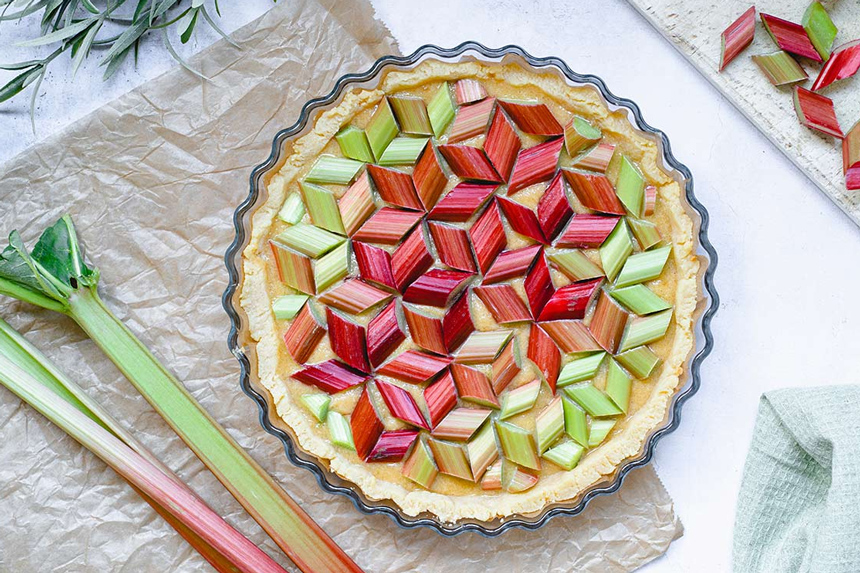Rhubarb

Rhubarb, with its tart flavor, is often used in pies and desserts. This plant is another source of oxalates, making it a food that individuals prone to kidney stones should consume with caution. Eating rhubarb in moderation or alongside calcium-rich foods can help reduce the risk of oxalates reaching the kidneys and forming stones.
When consumed wisely, it can be part of a balanced diet without significantly increasing the risk of kidney stones, especially if one pays attention to overall dietary oxalate intake.
Spinach

Spinach is renowned for its nutritional profile, rich in vitamins A, C, K, iron, and calcium. However, it’s also high in oxalates, which can contribute to kidney stone formation in susceptible individuals. Those at risk might consider limiting their spinach intake or opting for other leafy greens with lower oxalate levels, such as kale or lettuce.
The health benefits of spinach, including its role in supporting bone health, improving vision, and offering anti-inflammatory properties, make it a valuable vegetable in the diet. Therefore, moderation and dietary balance are crucial for those concerned about kidney stones. [5]





